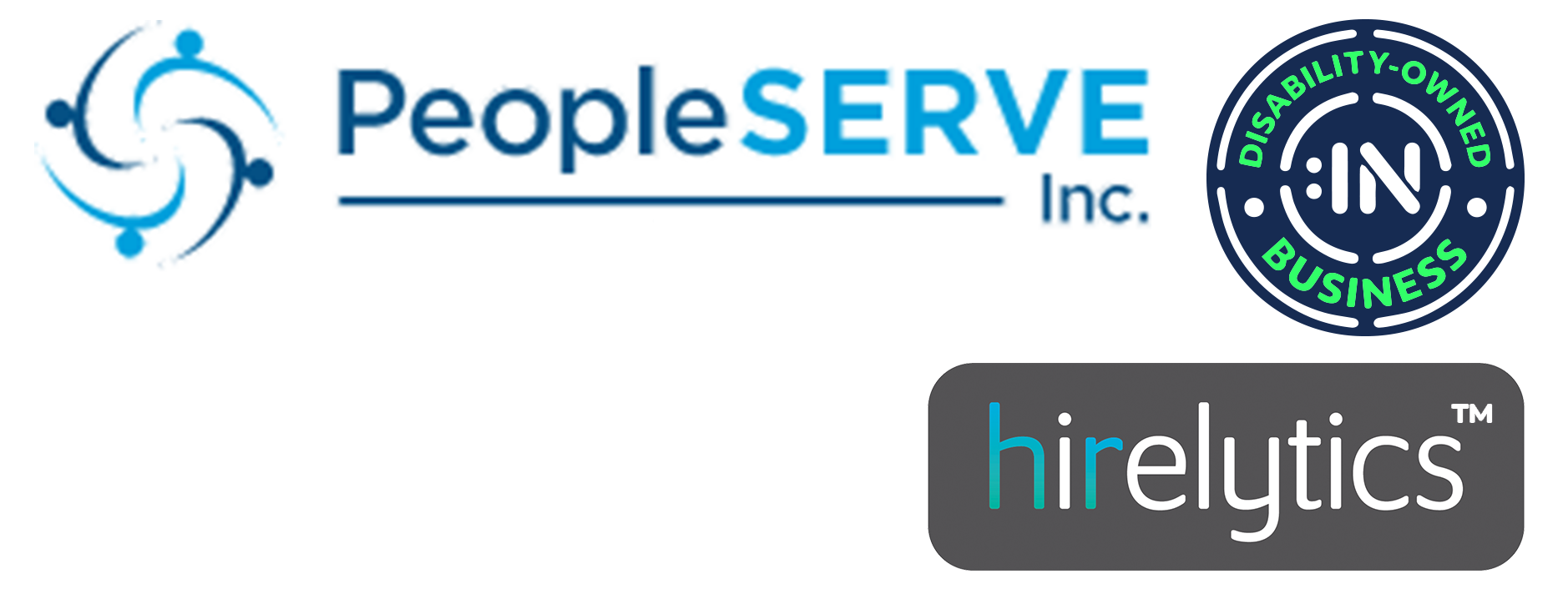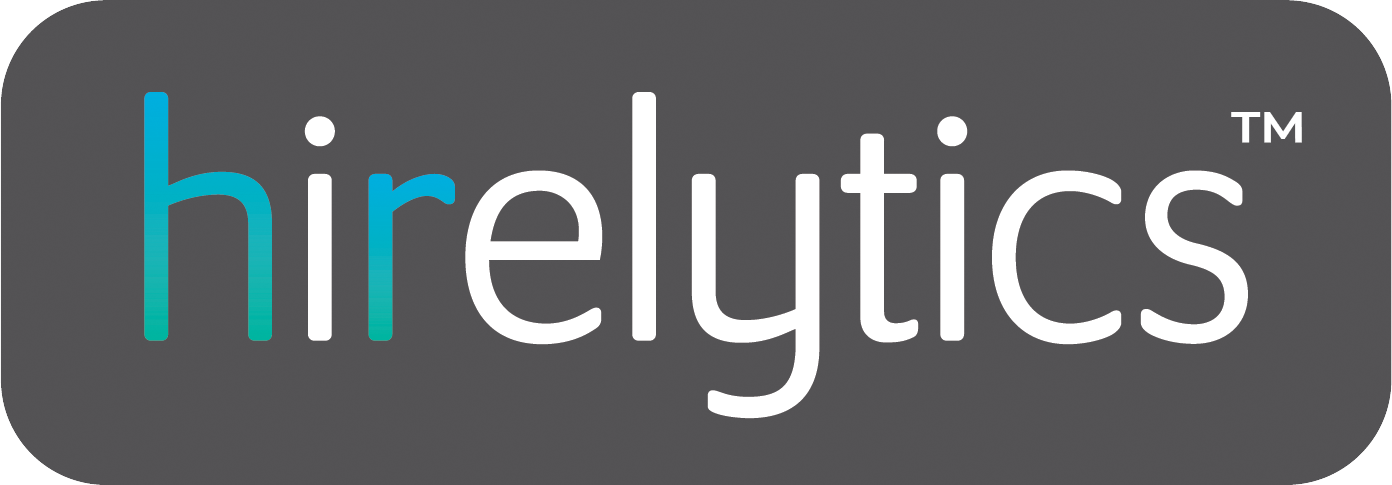Looking at a new job opportunity and wondering how to ace your interview? According to the experts, it may be all about your soft skills.
What are soft skills?
Traditionally, employers have focused on technical skills when evaluating a potential employee. They ask how familiar you are with certain software or if you’ve had any experience taking patient vitals. These technical abilities, also called hard skills, are quantifiable. Soft skills are more like people skills — you can’t measure them, but they’re incredibly important in almost every role in every industry.
Examples of soft skills include:
● Integrity
● Creativity
● Teamwork
● Open-mindedness
● Critical thinking
● Adaptability
● Emotional intelligence
● Networking
● Time management
● Conflict resolution

Why are soft skills important?
The modern workplace is a complicated place. Expectations are constantly shifting as employees place increasing importance on job mobility and employers seek to build a dynamic, adaptable team. Soft skills are hugely influential in determining how successful someone might be in the workplace. It’s possible to have an excellent resume brimming with certifications, degrees and job-specific abilities, but still struggle to flourish in a real-world professional environment.
Most experts include an explanation of soft skills in articles about job candidate tips because they’re vital to both finding a job and keeping it. And soft skills don’t expire or lose their value if you switch industries. While some soft skills, such as conflict resolution, may be more important in a customer-facing environment like retail, it’s still useful even if you get hired in IT or aerospace engineering.
In addition, soft skills are important because:
- They serve as an indication of who will be a good employee today and who might have the potential to become leaders in the future
- Candidates with soft skills are more likely to be productive and help the organization get/stay competitive
- Having them boosts your employability
Which soft skills are most valued in today’s job market?
Some soft skills never go out of style. It will always be important to work on communication and take responsibility for workplace contributions, but other skills may become more significant due to cultural shifts or other influential events.
Take 2020 and the COVID-19 pandemic, for example. Experts believe that as much as 30% of the workforce may work from home at least part-time by the end of 2021. This pivotal change affects what it takes for employees to be successful and what employers are looking for in new hires.
- Self-Motivation: Working from home allows for exponentially more freedom compared to a traditional office setting, but the lack of oversight can be problematic for employees who struggle to hold themselves accountable. Self-motivated workers are less likely to get distracted by family or the TV.
- Emotional Intelligence: People aren’t themselves. Pandemic stress, isolation and the loss of routine can make customers and colleagues a little shaky. Emotional intelligence involves understanding and using emotions as positively as possible to empathize and find effective ways to overcome shared challenges.
- Growth Mindset: Businesses need to scale to keep pace (or, better yet, outrun) the competition. Employees who are interested in continuing education and who show persistence, an aptitude for flexibility and excitement for the future may be a better fit for organizations interested in rapid growth.
- Cultural Awareness: Diversity is more in the spotlight than ever before, and for good reason. Open-minded candidates who are familiar with a variety of cultures and sensitive to cultural issues are invaluable.

Putting your soft skills front and center during the hiring process
Most companies don’t have a hiring process that includes an extended trial period, so you can demonstrate how great you are at collaborating or solving problems. Instead, find ways to showcase your soft skills during the interview itself.
With the rise of remote work, virtual interview tips are especially timely. You can’t use a firm handshake to illustrate your confidence, but you can:
- Sign on prepared, informed and enthusiastic about the opportunity
- Use “we” instead of “I” whenever appropriate
- Talk about past accomplishments in terms of how they benefited the team/company
- Use common interview questions to discuss times that you offered a creative solution or used time management skills to keep a complicated project on track
Eager to advance your career? The key to nailing your next interview could very well be understand what managers are looking for. Keep your eye on the prize (and on trends in hiring and skill development) and use the interview tips above and you may snag your dream job sooner than you think.


